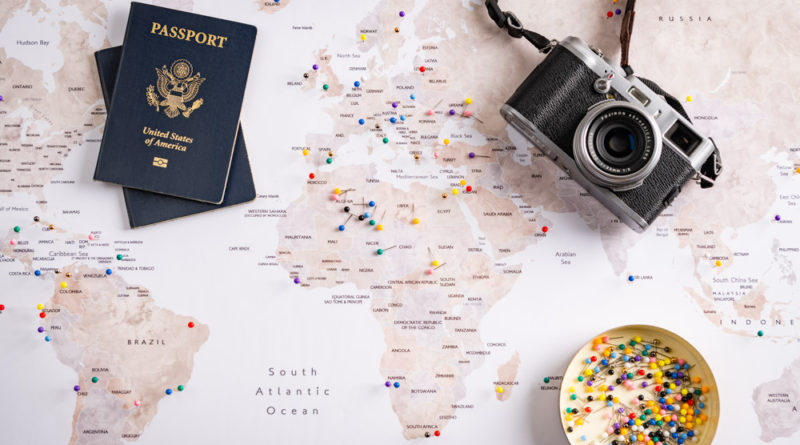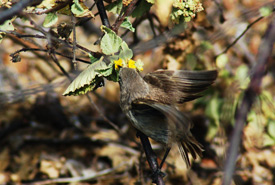Where can we travel now?
After planning your deserved vacation so much, today your dream trip presents a new situation: coronavirus disease (COVID-19)
Here 4 questions you might be asking
- Should I cancel my trip because of Coronavirus?
It depends, first of where you were going. If it is one of the countries with the highest incidence of cases, why not change the destination? Some Latin American countries have no incidents or have very few. Peru is one of them.*At Jorge Chávez International Airport in Lima, travelers with coronavirus symptoms and traveling from a high-risk area will be evaluated for possible transfer to a local hospital for further examination.There are no resulting travel restrictions within Peru
- Are airlines or hotels changing their cancellation or booking policies ?
Most major airlines were already waiving change fees for passengers booked to travel to regions directly affected by the outbreak over the next few months. Now, faced with soft demand for future trips, some are extending this flexibility to new tickets to other routes and extending the possibilities to change travel dates until next year.In the case of hotels, many of them are being very flexible considering granting a change of travel dates without penalty, with an extended period to travel until next year. At least we do. - Should I get travel insurance?
Totally recommended. Searches for travel insurance on Google increased by 92% in the last week. Research, compare and review coverage well before getting one.Read : Forbes Guide To Travel Insurance
- What else should I consider before traveling?
Coronavirus is a respiratory disease, as any other reinforce hygiene practices are 50% of the prevention, the other 50% is good nutrition. 80% of those infected recovers normally and only 5% have a critical situation.

Remember to travel with serious tour operators that can help you in case of any emergency and always keep in touch with your family or friends
Keep calm and enjoy your trip!
*Updated on March 6th, 2020 when Peru presented first case.




